In this piece, I will be addressing the controversy surrounding the flying of the Palestinian flag in Tower Hamlets, the arguments against the flags, and finally why they should be allowed to fly.
The Controversy
Statement issued on social media by the Tower Hamlets Palestine Solidarity Network
The Tower Hamlets Palestine Solidarity Network’s statement created a stir on social media on Tuesday. It was issued in response to a Daily Telegraph article claiming that the presence of Palestinian flags in Tower Hamlets was causing distress (implied as a form of terrorization). The Daily Telegraph also labelled it as potentially criminal (hinting at terrorism). The release pointed fingers at the local Labour Party, suggesting their involvement in orchestrating the media campaign. The question arises: were their accusations accurate?
Tower Hamlets Labour Group and the Children’s Crusade
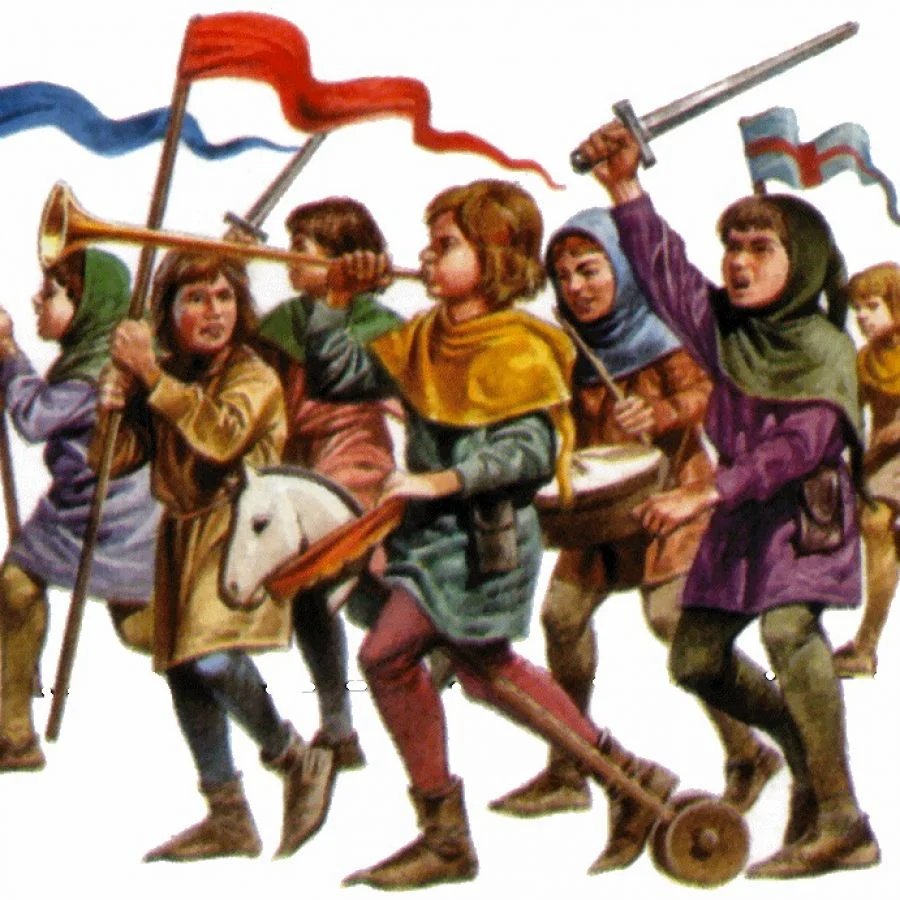
The controversy surrounding the flag arises from what seems to be the contradictory or ambivalent position of the local Labour Party on the matter. On one hand, the Labour Group of Councillors had a representative express to TV News that flags should be retained, while concurrently, they were discreetly sending emails, inexplicably copying Keir Starmer, advocating for their removal. The implication was that the presence of the Palestinian Flag was an incitement to violence, was terrorising and distressing to some individuals, as revealed in a leaked email. Setting aside the pied piper questionable behaviour of the Tower Hamlets Labour Group of Councillors, let’s examine the argument presented in the email.
Regarding the Palestinian flag’s colours of red, green, black, and white, is its design intended to provoke violence?
Addressing the arguments for taking the Palestine Flags Down
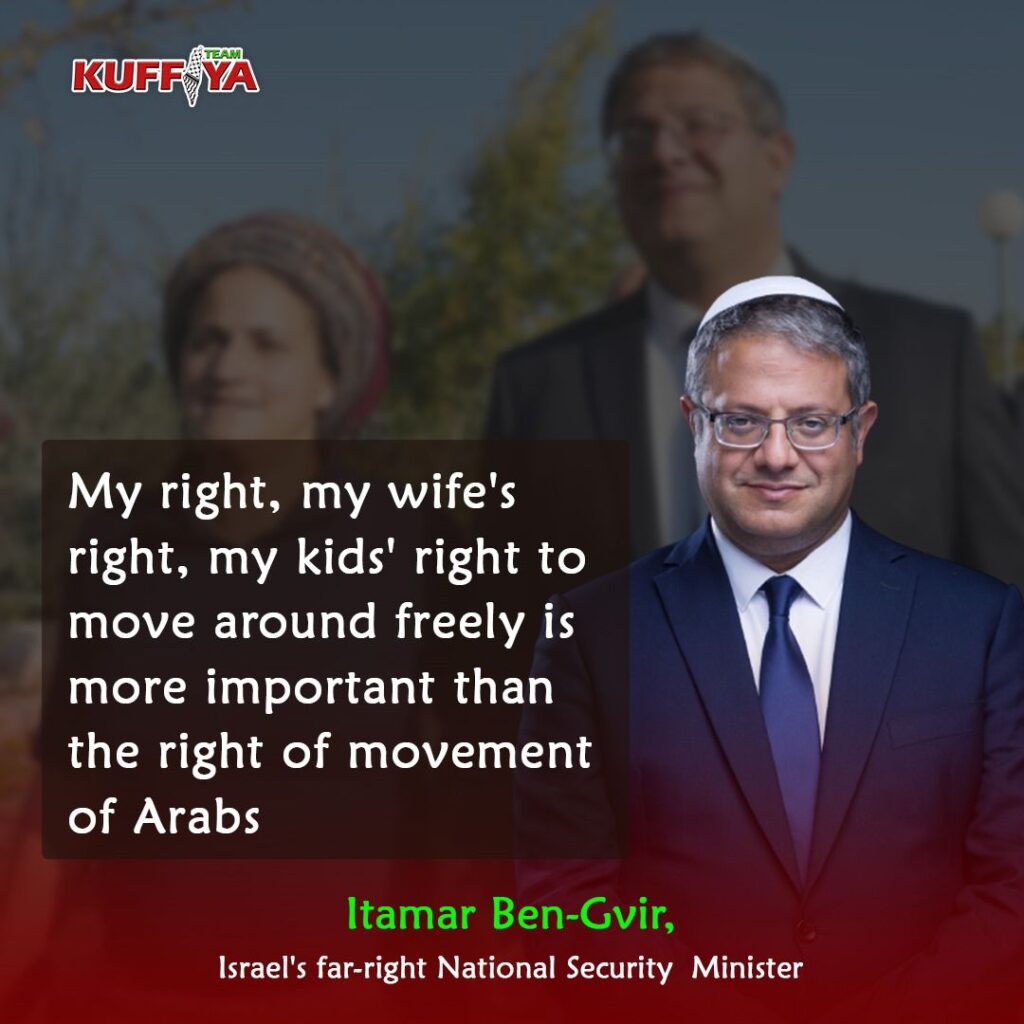
Examining the origins of the flag reveals that it was crafted by Sir Mark Sykes, a British Foreign Office Civil Servant. This creation was part of the British support for the Arab Revolt in 1916 during the First World War, spearheaded by figures like Lawrence of Arabia. The distinctive colours of the flag have been adopted by various Arab nations beyond just the Palestinians.
Upon further investigation, it becomes apparent that the sole advocates for the prohibition of the Palestinian flag are certain far-right Israeli politicians. Noteworthy among them is Ben-Gvir, a known violent fascist and convicted terrorist. In January 2023, Minister of National Security Itamar Ben-Gvir declared that he had directed the police to forbid the public display of the flag. Should Tower Hamlets now align its stance with a convicted terrorist?
What stance does the Tower Hamlets Council take regarding the display of the Palestine flag?
Tower Hamlets Council Policy Defends Free Speech on Palestine: The APPG Definition on Islamophobia
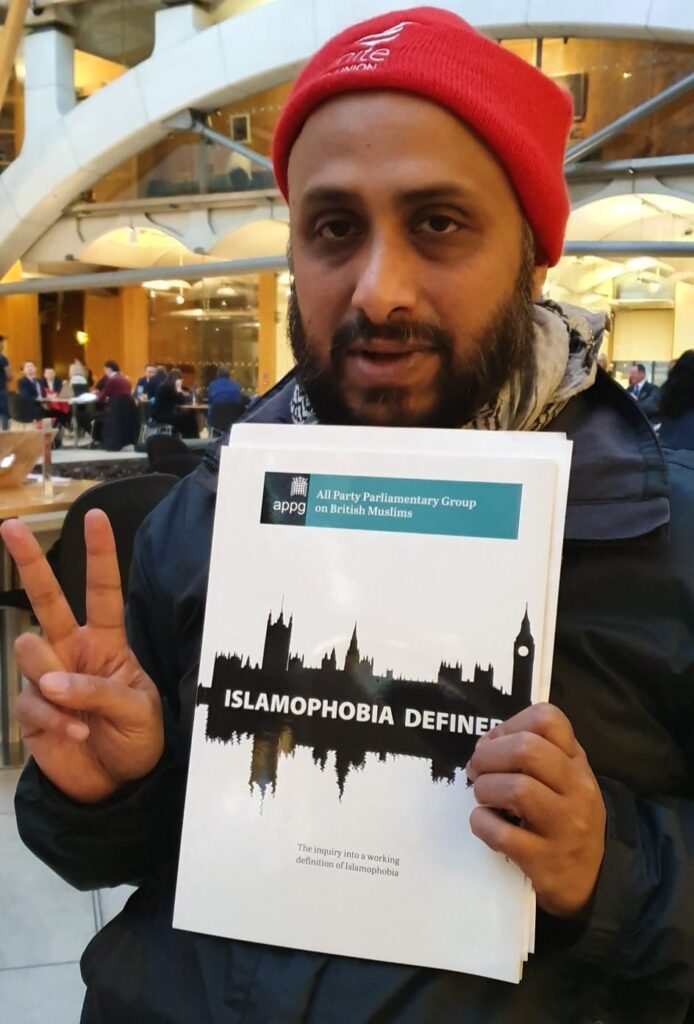
In late 2018, I played a role in drafting the proposal for Tower Hamlets Council to embrace the All Party Parliamentary Group (APPG) Definition of Islamophobia. I successfully persuaded a fellow Councillor to present the proposal, while I seconded the motion. In 2019, the proposal was brought before the full council for adoption and was officially implemented as policy in March.
The APPG definition of Islamophobia specifically safeguards the freedom of speech on Palestine, citing an Islamophobia example that involves:
“Minimising or justifying the persecution, oppression, or violation of the human rights of Muslims based on concerns about ‘Islamic’ terrorism or national security. This might manifest by employing stereotypes in an international context (such as regarding the situation of Palestinians or Kashmiris, to deny the right to self-determination) or in a domestic setting.”
So, how did we arrive at a point where certain segments of our community have been conditioned to view any expressions of Palestinian rights as acts of terrorism?
Creating the space for multiple narratives and debates
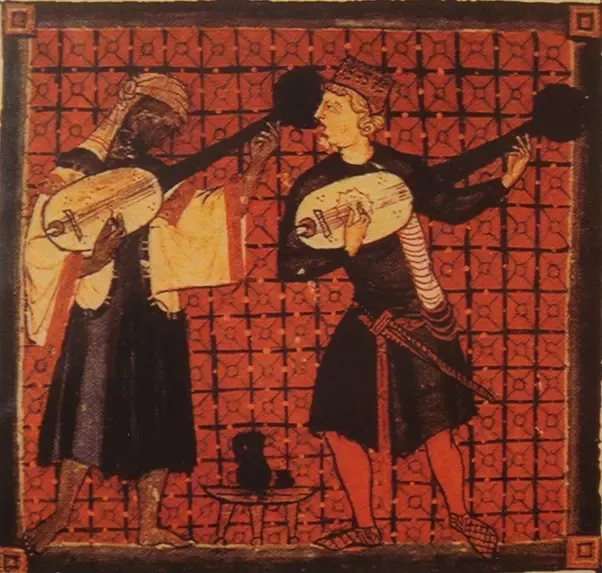
Sir John Bagot Glubb, ‘Glubb Pasha’ a distinguished British military officer with service in the Middle East, highlighted in the introduction to his book, “The Great Arab Conquests”. The prevailing lack of interest in Middle Eastern history, leading to a widespread ignorance of contemporary issues. This circumstance prompted him to embark on writing a series of historical books focused on the region. Unfortunately, this state of affairs persists, characterized more as a structural issue than an inadvertent blind spot.
A brief examination of Western Civilization history courses tends to overlook foundational truths. Firstly, the Middle East contributed significantly to our writing, mathematics, and foundational beliefs, particularly the Abrahamic faiths. Additionally, during the Middle Ages, our universities and curricula were shaped by Middle Eastern influences, as documented by historian George Makdisi in his works, “The Rise of Colleges” and “The Rise of Humanism.”
This selective approach to history has often been a deliberate choice, serving to justify wars and colonial subjugation of the region, a narrative perpetuated into the post-colonial era to rationalise ongoing interventions. The dehumanisation of the region’s people has been employed to justify the violence inflicted by subsequent UK and Western governments, resulting in a trail of destruction. Notably, Arabs, constituting only 6% of the global population, make up nearly 50% of the world’s refugee population.
Efforts to address this state of affairs are underway, with groups like Decolonise the Curriculum at SOAS and other UK universities taking action. Initiatives such as these can be facilitated at the local level, with Tower Hamlets Council playing a role in implementing changes in schools, colleges, and universities in our community.
But do we have the leadership in Tower Hamlets to heal the divisions and create a space for understanding and discussion?
End of petty politics and the beginning of some foresight and vision?
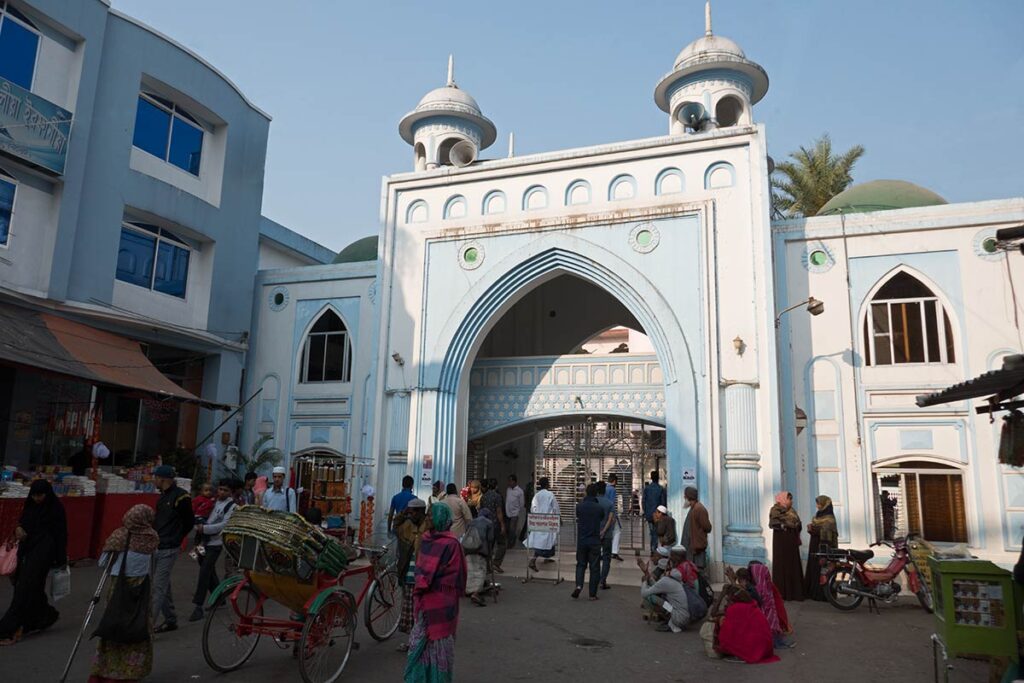
I resigned from the Labour Party in October due to a misalignment with the Party leadership’s stance on war crimes and international law, as well as my unwavering commitment to Human Rights advocacy. Despite my departure, I continue to receive distressing calls from fellow members lamenting the frustrating stance of the local Labour Party concerning Palestine.
One particularly distressed member reached out to me, expressing her frustration with the party hierarchy. She highlighted, that members of the local party leadership, believed that the issue that Palestine resonates more with the younger demographic, who typically don’t vote. While the older Bangladeshi voters, who do participate, are indifferent to the Palestinian cause and consistently support Labour. I took this call before heading to Bangladesh in the winter. The thought quietly nagging me at the back of my head, is Palestine really a generational issue?
During my visit to Bangladesh, I was pleasantly surprised to find Palestine becoming a topic of general conversation. It was discussed in my ancestral village council alongside matters like the allocation of fishing rights in the village common. Palestinian flags were proudly displayed in various shops and apartment blocks, with one prominently flying at a solitary stone quarry near the Indian border.
However, the most memorable moment occurred at a Sufi gathering at the shrine of Shahjalal (the patron saint of Bangladesh) in Sylhet on a Thursday night. Led by a blind Sufi, the singing and prayers were joined by the local working poor. The ceremonies concluded with an extended prayer, during which the blind Sufi passionately pleaded for the well-being of the women, children, and innocent civilians of Palestine.
It struck me that this blind Sufi from rural Bangladesh possessed greater insight than many individuals in Tower Hamlets, including the current leadership of the Tower Hamlets Labour Party. Instead of attuning themselves to the sentiments of the community and the country as a whole, Labour Councillors in Tower Hamlets seem more inclined to follow the lead of a fascist convicted terrorist like Ben-Gvir. This misguided approach risks relegating them to the dustbin of electoral politics in 2026, resembling a Children’s Crusade.

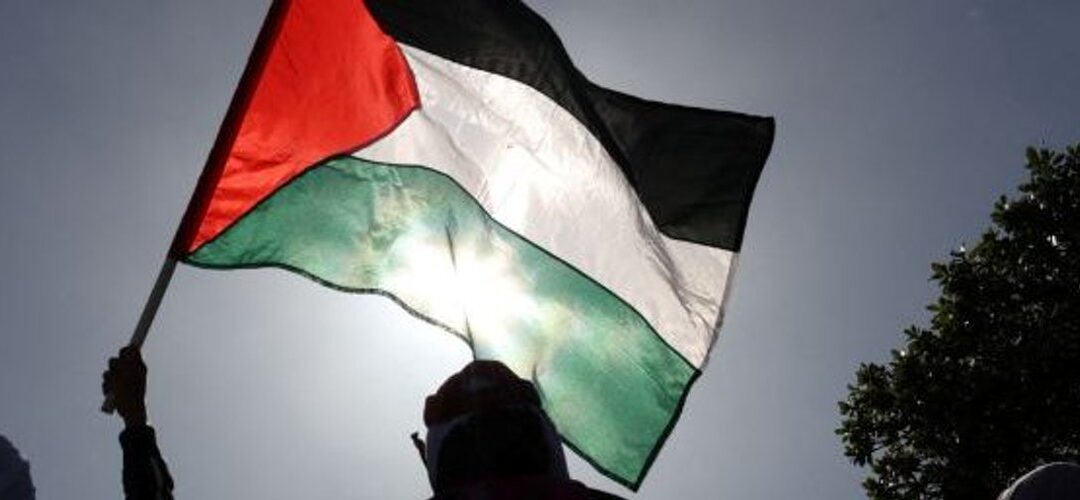
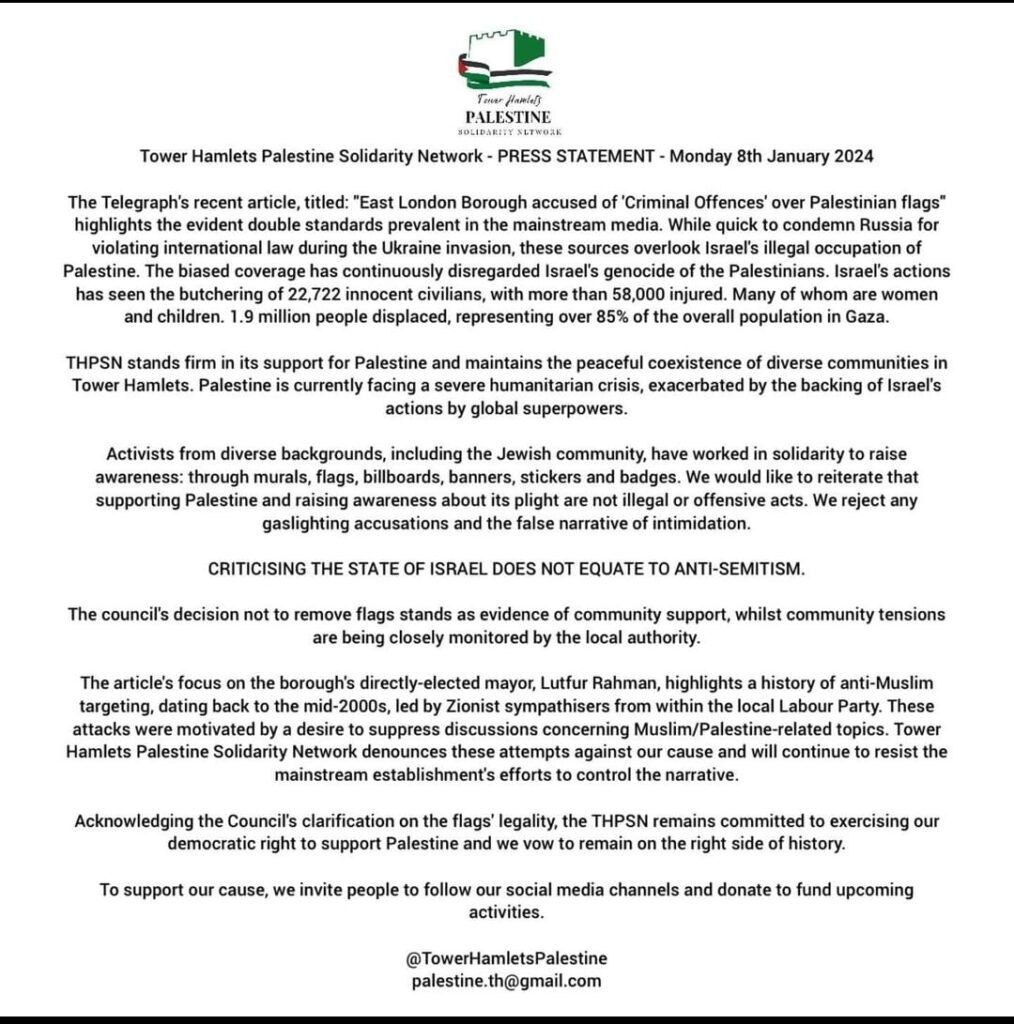
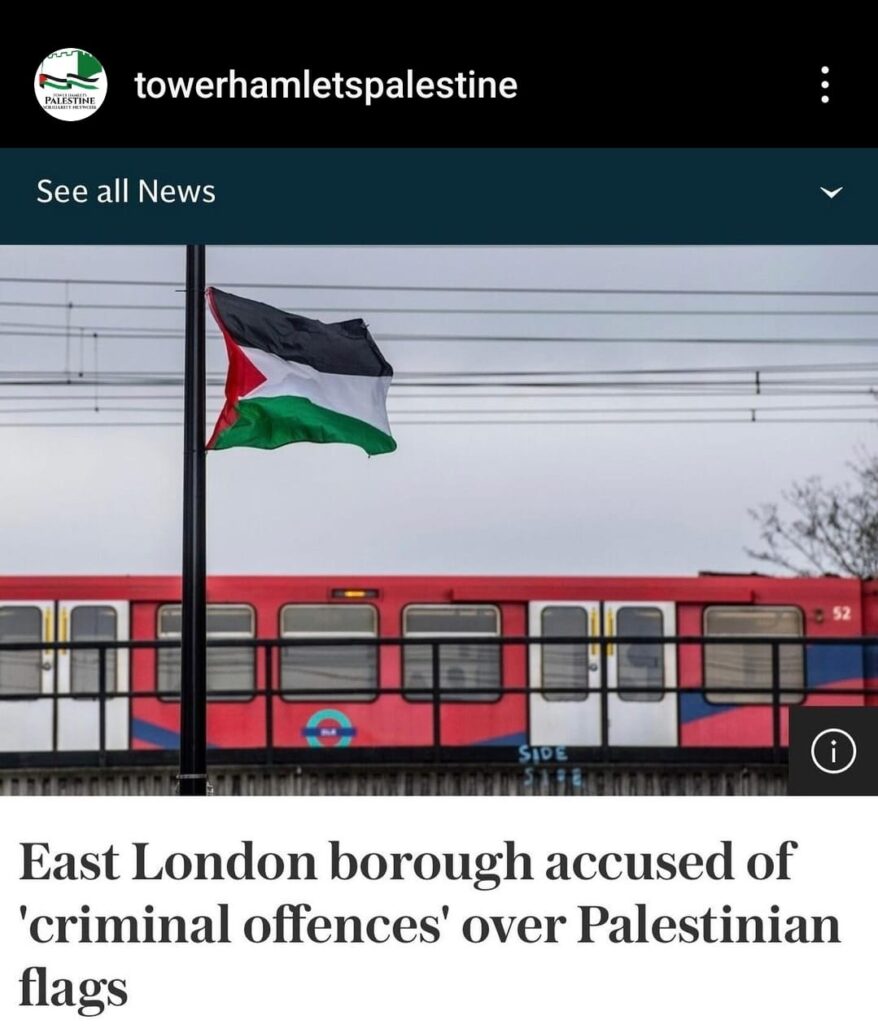
Recent Comments